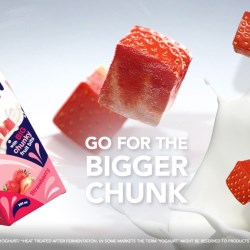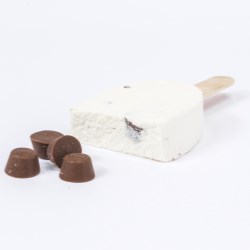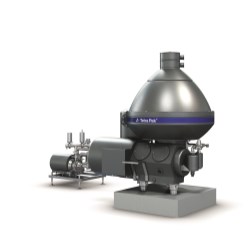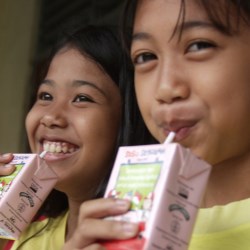If this is your company, CONTACT US to activate Packbase™ software to build your portal.


In 2009, when Dairy Plus drinking yoghurt was launched in Tetra Brik® Aseptic 100 Base, sales more than quadrupled in the first two months and have doubled since 2010, reaching 680 million packs in 2016.
The story in brief
Up until 2006, Dutch Mill - Thailand's biggest brand of drinking yoghurt - had enjoyed several years of impressive growth. Then, following a spate of negative press stories, the market began to decline. At the same time, prices were rising, putting the products beyond the reach of some consumers.
Tetra Pak worked with brand owner Dairy Plus - part of the Dutch Mill Group - to rationalise their portfolio and right-size their packages for both children and adults. Hitting the crucial single-coin price points of 5 and 10 baht helped them tap into a new and growing audience of lower-income consumers, and sales began to pick up.
Eight years on, the success story continues, thanks to strong partnership working and an ongoing commitment to finding economies of scale and keeping production costs as low as possible.
Dairy Plus in numbers:
- 2 billion packs produced in 2017
- 30+ Tetra Pak® filling lines in operation
- 600 employees
Dairy Plus and the Dutch Mill portfolio: undisputed category leader
Dairy Plus is Tetra Pak's number one customer in Thailand, with more than 30 filling lines and a forecasted output of 2 billion packs in 2017. The Dutch Mill Group was established in 1984 and Dairy Plus was registered in 2000 to focus solely on the UHT arm of the business, which includes the established category of drinking yoghurts. Tetra Pak has worked with Dairy Plus for more than 25 years.
The challenge: how to fight a declining market
Dairy Plus's growth has been impressive: by 2001 it was producing over 570 million packs per year, and by 2005 this figure reached 840 million, equivalent to a market share of around 95%. But from about 2006 the market for drinking yoghurt began to show signs of decline following a series of negative press reports about the category's high sugar content.
At the same time, there was pressure to increase prices, the Dutch Mill drinking yoghurt portfolio had grown to include seven platforms and more than 30 SKUs, and the wholesale cost of raw milk was rising. When Dairy Plus raised the price of its 125ml packages to 6 or 7 baht, sales fell even further.
Reaching deeper into the pyramid
Working in partnership with Dairy Plus, we decided to focus on reaching the 38 million potential consumers deeper in the pyramid. This meant accessing lower income people in rural areas as well as working to maintain sales in modern urban outlets. The distribution network was there, but the price was wrong.
A lower price - ideally one payable with a single coin (denominations in Thailand include a 5 baht and a 10 baht piece) - would vastly increase product acceptance. However, it would depend on high-speed machines, the right pack size, a good promotion campaign, and the ability to deliver consistent margins for Dairy Plus and for retailers.
A new start with a smaller portfolio and smaller sizes
The new portfolio of four platforms with 20 SKUs was launched in 2009. It covered the same target consumers (children from 5 and young people up to 35) in a reduced range that included new fruit flavours and reduced fat/added vitamin versions. The big change, however, was in the pack sizes and volumes. The 125ml pack was replaced with the Tetra Brik® Aseptic 100 Base, filled to 90ml, while the amount of product in the best-selling Tetra Brik Aseptic 200 Slim package was reduced to 180ml.
This enabled Dutch Mill to price the packs at 5 baht and 10 baht respectively. A successful TV campaign followed, emphasising the 'right-size' of the new packs and promoting the products to mums as a nutritious alternative to sweet snacks or candy. This was supported by below-the-line promotions.
The impact on sales figures was immediate. Sales of the 100ml pack more than quadrupled between November and December 2009. In 2010, 342 million new packs were sold and growth has been steady ever since, reaching 680 million packs in 2016.
A constructive partnership maintains low costs and aids expansion
Maintaining the new lower price points over time was crucial. This has meant driving high volumes in order to maintain economies of scale and to minimise costs in order to maintain margins. Tetra Pak has worked closely with Dairy Plus to keep initial outlay and ongoing operational costs as low as possible.
In 2009/10 when the packages changed from 125ml to 100ml, we converted Dairy Plus's 12 existing Tetra Pak® TBA/19 filling machines over a period of six months without any production loss, ensuring that no major investment was required for the launch of the new package sizes.
What's next for Dutch Mill?
The 5 baht price means that Dutch Mill drinking yoghurt is now affordable for consumers whose choice has previously been limited to soy or flavoured water drinks. Tetra Pak provided market intelligence and contacts to help Dairy Plus start exporting drinking yoghurt to the Philippines in 2012.
So far they have sold over 200 million 100ml packages in this market. We are now working alongside the company to start production in India as well as exploring export markets in Indonesia, Cambodia and Laos, all of which is made possible by keeping production costs low.


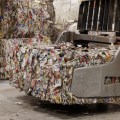
.png)


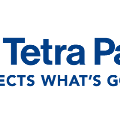
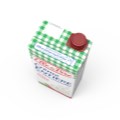

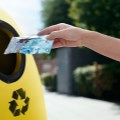

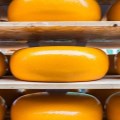
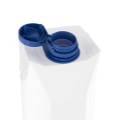
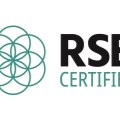





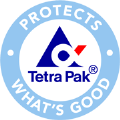
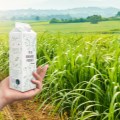

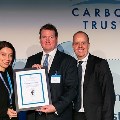

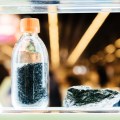
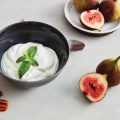


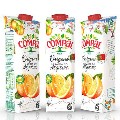

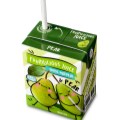
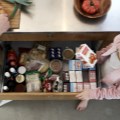






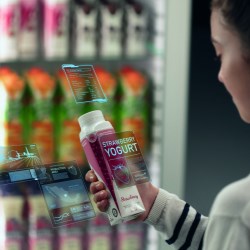


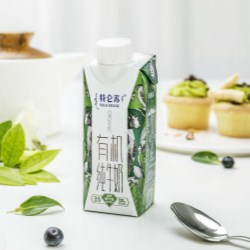

.jpg)
